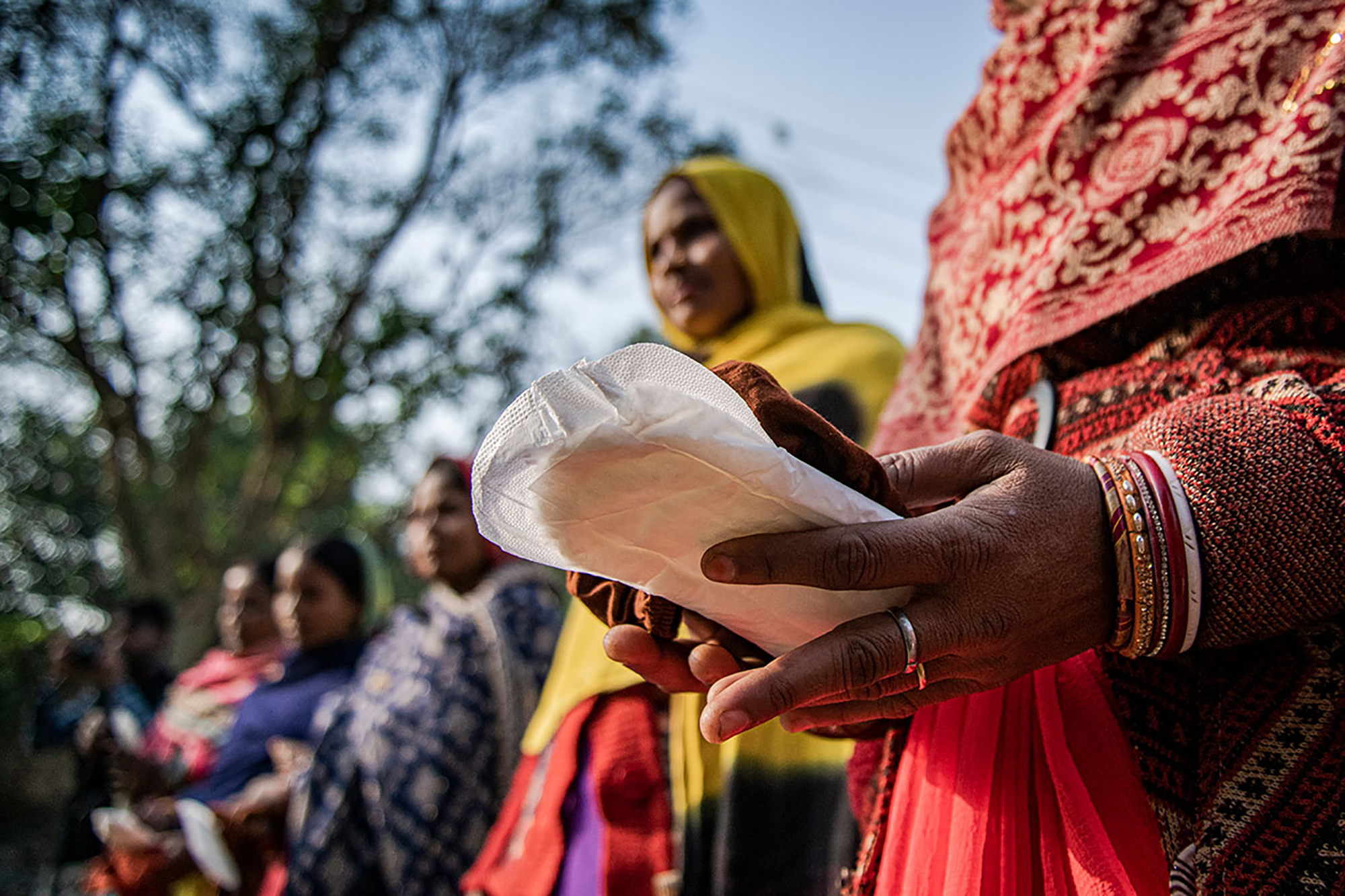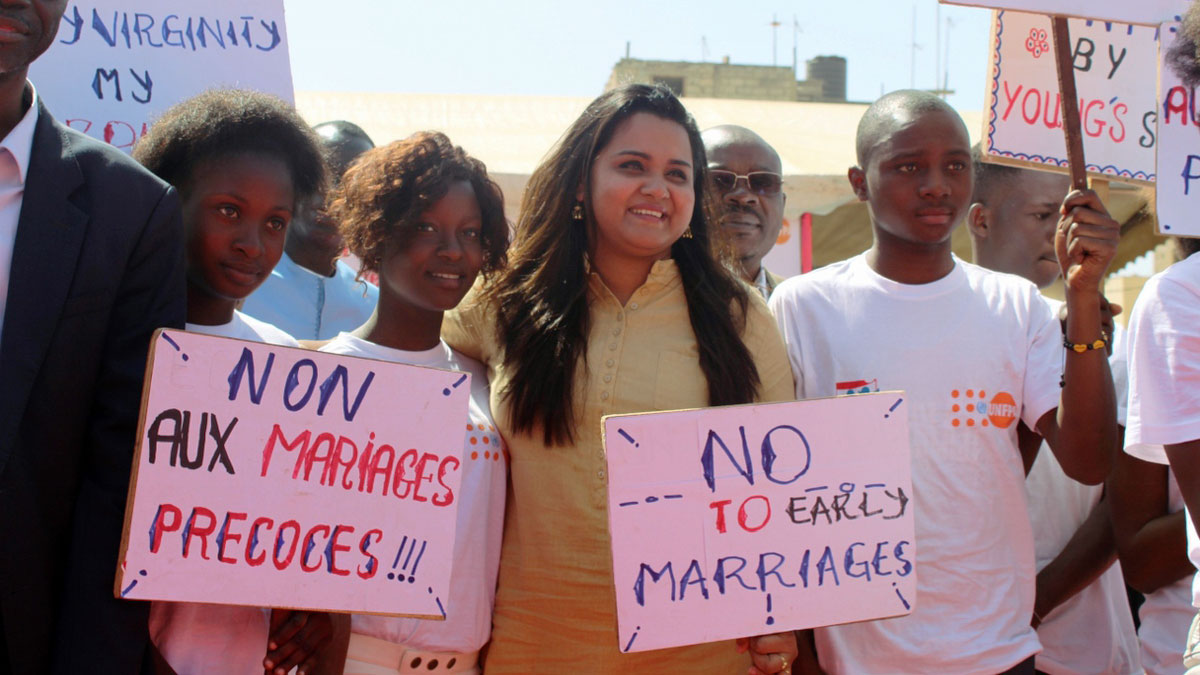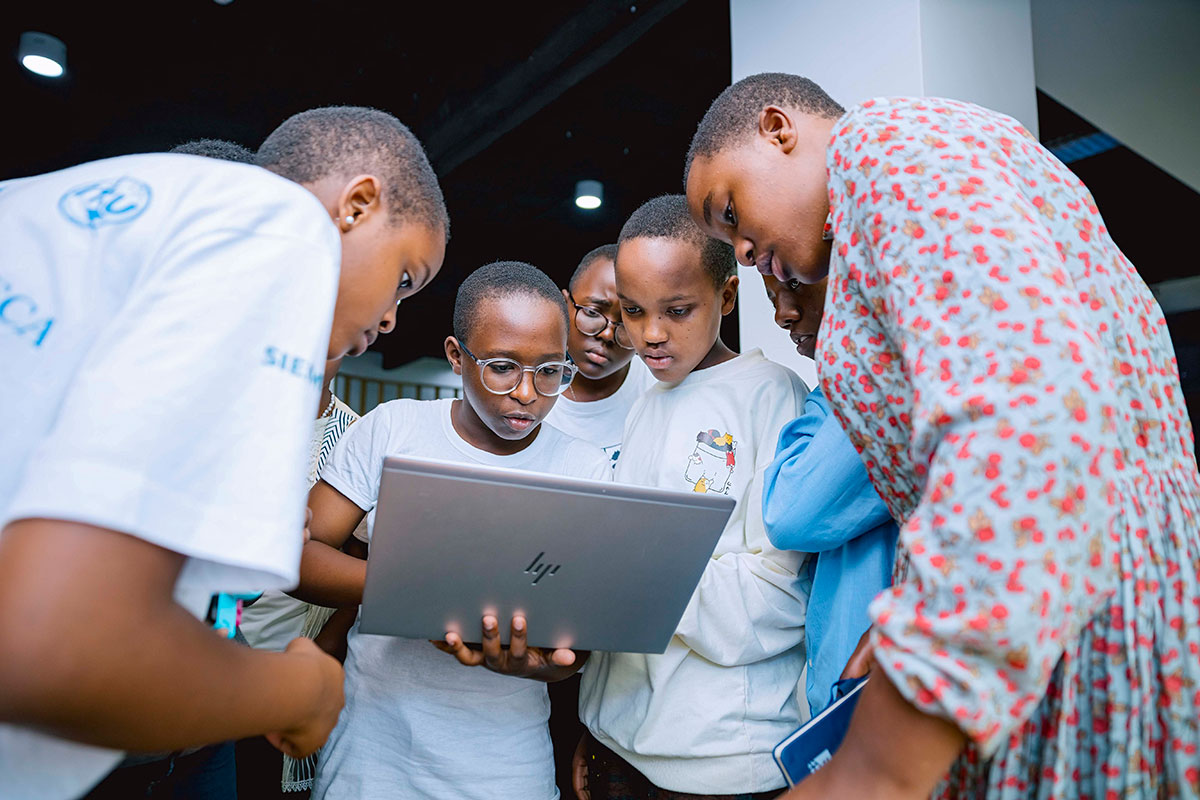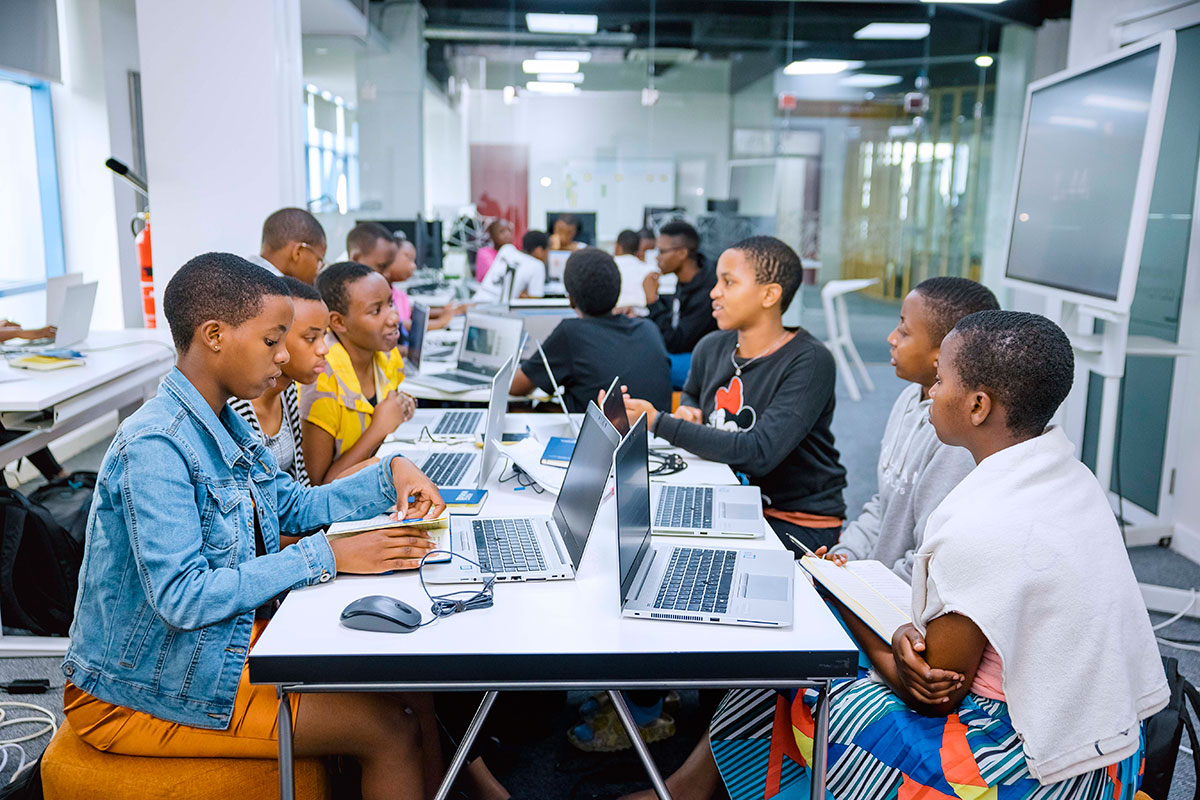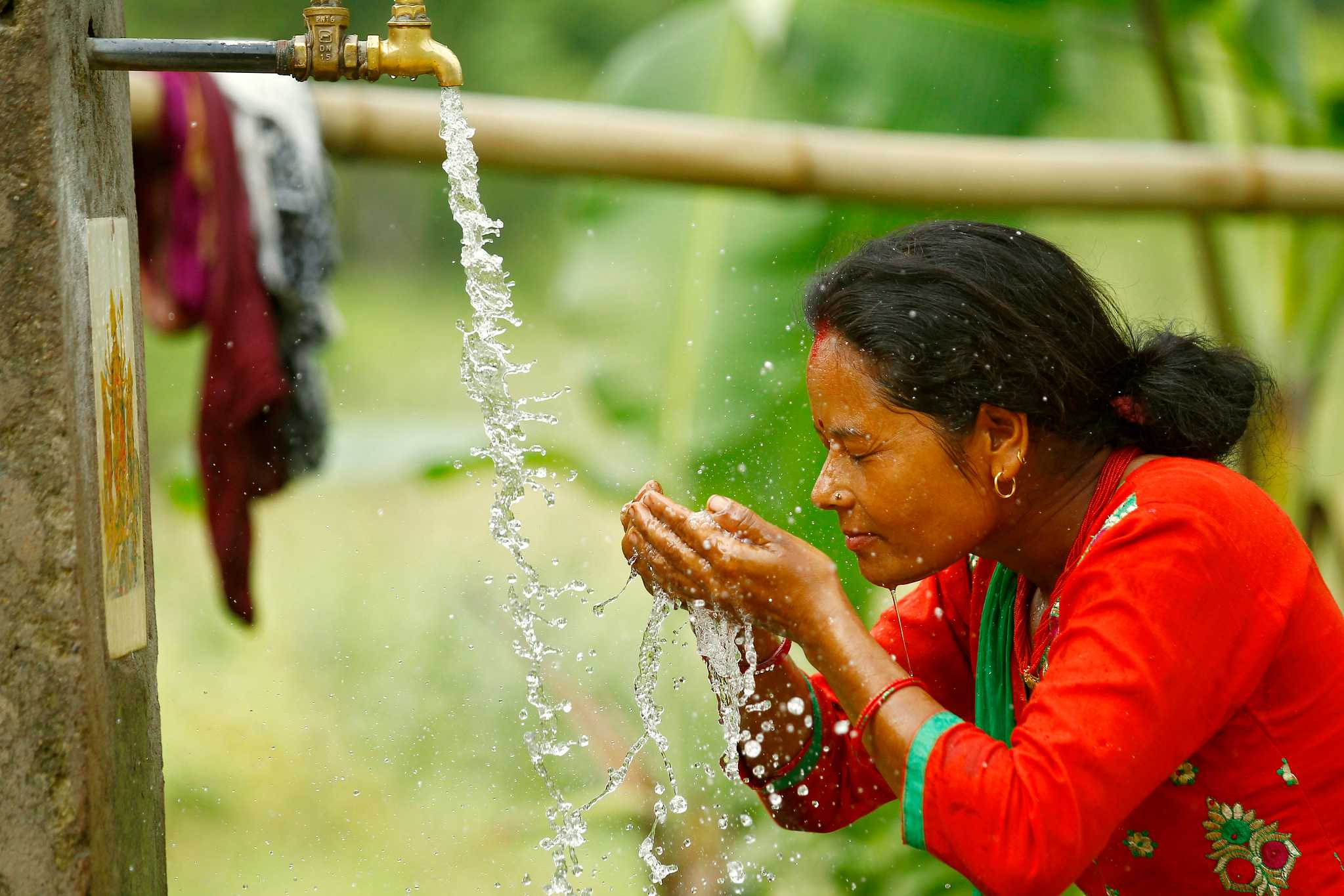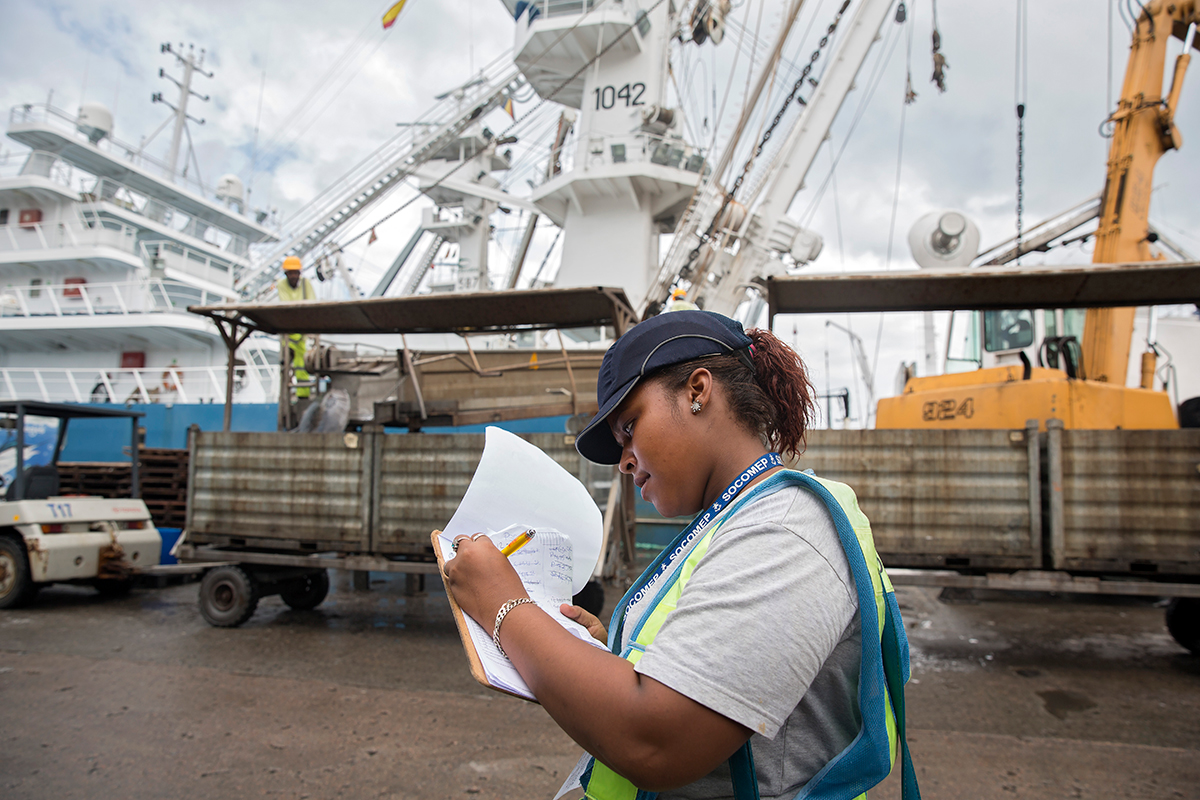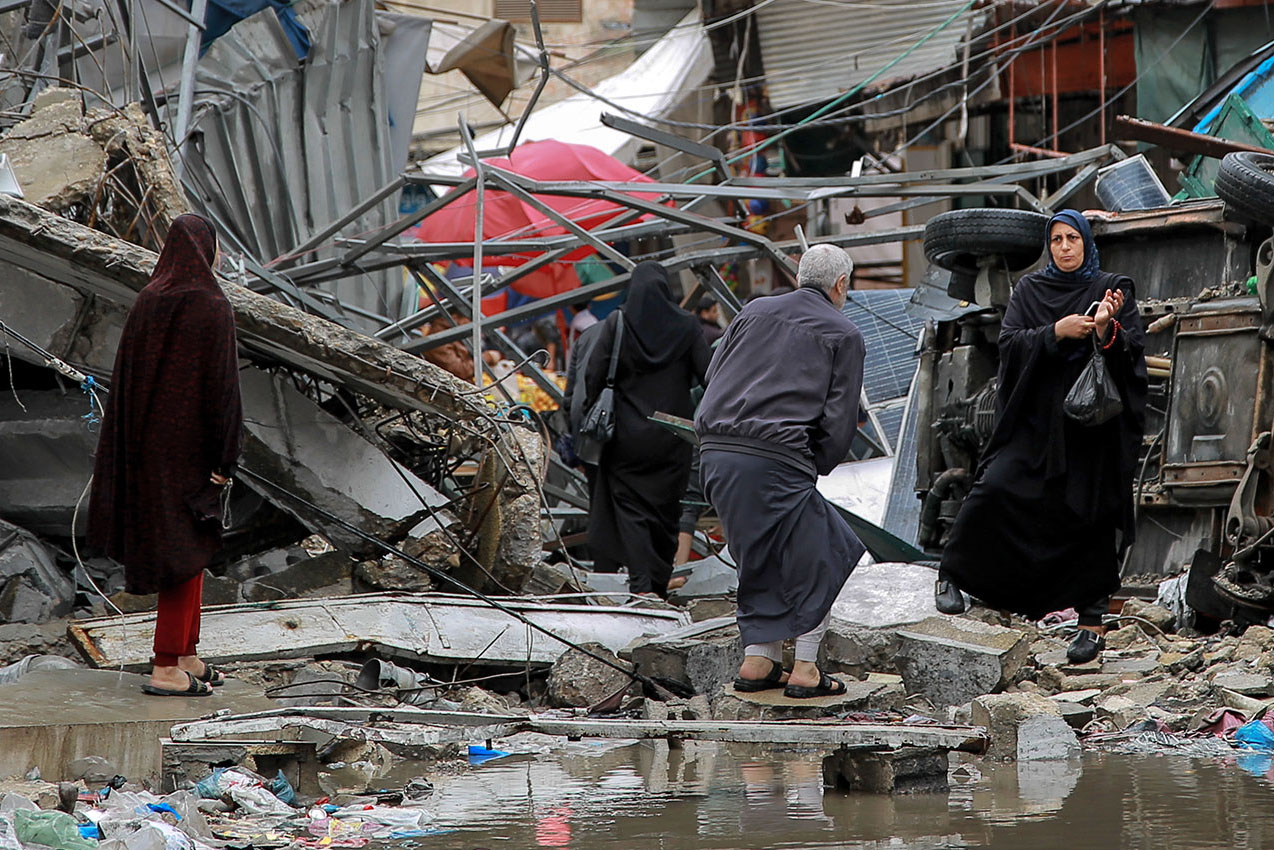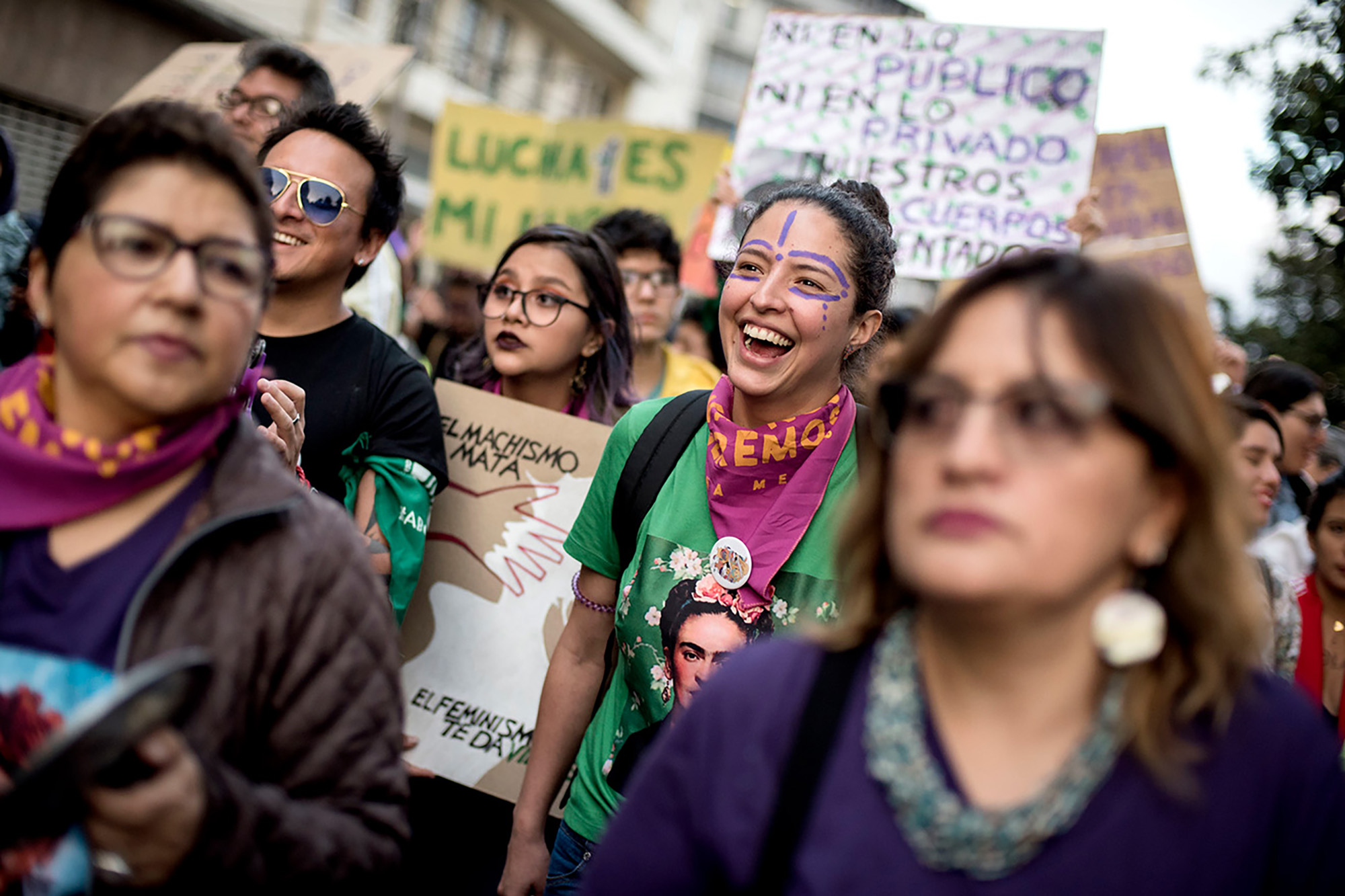Around the world and through the decades, we have all shared in the global struggle for gender equality.
UN Women
Women's sports are rapidly growing in popularity and influence, with record-breaking achievements and increasing gender parity, yet significant gaps in coverage, leadership, and pay still need to be addressed.
When Natacha Sangwa wanted to learn computer coding, people in her life asked, ‘do you really think you'll be able to handle it?’ Coding needs time and focus that they believed girls lacked. After all, men hold most of the tech jobs. “I was motivated to prove them wrong by learning how to code and pursuing a career in tech,” said Sangwa, who participated in the first coding camp organized under the African Girls Can Code Initiative last year in Rwanda. Sangwa feels that platforms like the African Girls Can Code initiative and Siemens EmpowerHer programme can inspire and encourage more girls to join ICT careers.
Empowering women refugees: Building futures in Uganda
In Uganda, amidst the challenges of refugee life, women like Grace Poni, Annet Luka, and Veronica Konga have defied stereotypes and built brighter futures. Grace's determination as a skilled bricklayer has not only provided financial stability for her family in Imvempi Refugee Settlement but has also enabled her to construct her own home. Annet's resilience as the only female carpenter in Omugo II settlement showcases her commitment to challenging gender norms while envisioning a future where she mentors other women in carpentry. Meanwhile, Veronica's journey from subsistence farming to metal fabrication highlights her entrepreneurial spirit, aiming to establish her own business despite the obstacles of limited resources. These women exemplify the transformative impact of vocational training and empowerment programs, not only on their own lives but also on the communities that host them in Uganda.
Over two billion people around the world menstruate every month, but many cannot afford menstrual products or access safe water and sanitation. This leads to period poverty, which costs women and girls too much and should be addressed. According to UN Women, period poverty refers to the struggle to afford and access menstrual products, adequate sanitation, and hygiene facilities, as well as education on managing menstrual health. In essence, period poverty, a global health issue in both rich and poor countries, imposes excessive costs on women and girls, which is an unnecessary burden.
“[...] don't wait for advice. Don't wait for invitations. Just look around, you will find ways to contribute to change in your own family, in your own community, in your college, in your university and in your country.”
Appointed to a senior UN role aged just 26, Jayathma Wickramanayake’s career trajectory testifies to the power of education. Now senior policy advisor at UN Women, she is working to empower all women and girls to fulfill their potential – whatever their background.
In this episode, Jayathma reflects on the global hunger for learning, her beginnings in conflict-ridden Sri-Lanka, and her hopes for her own baby son.
"I wish that all the children and young people - you know, protesting on the streets, asking for climate justice, being arrested, being detained - I wish that they could just be children [... I wish for a world where my son ] can be light and free and not be bombarded with responsibilities of issues that he didn't have a hand in creating."
Photo: ©UNFPA/Sarah Kenyi
The world has a gender equality problem, and Artificial Intelligence (AI) mirrors the gender bias in our society. Although globally more women are accessing the internet every year, in low-income countries, only 20 per cent are connected. The gender digital divide creates a data gap that is reflected in the gender bias in AI. Who creates AI and what biases are built into AI data (or not), can perpetuate, widen, or reduce gender equality gaps. Removing gender bias in AI starts with prioritizing gender equality as a goal, as AI systems are conceptualized and built. The AI field needs more women, and that requires enabling and increasing girls’ and women’s access to and leadership in STEM and ICT education and careers. Here, young women participants work together on a laptop at during an African Girls Can Code Initiative's coding bootcamp held at the GIZ Digital Transformation Center in Kigali, Rwanda in April 2024.
Environmental journalism's vital role in highlighting climate impacts and advocating for press freedom, emphasizing the need for accurate information dissemination amid the environmental crisis.
Natacha Sangwa's inspiring journey breaks stereotypes and empowers girls in technology, highlighting the importance of mentorship in shaping an inclusive tech industry.
UN Women, partnering with a Palestinian women's NGO, offers vital aid and advocacy, ensuring women's needs are met and their voices heard amid the ongoing conflict in Gaza.
The disproportionate burden of crises, including protracted conflicts and climate change, falls heavily on women and girls, amplifying care demands that often go unrecognized.
Urgent action is needed to advance women's economic empowerment, as highlighted by the 2024 International Women's Day theme 'Invest in women: Accelerate progress'.
Approximately half of the world's 281 million international migrants are women and girls, but this demographic faces significant hazards during migration, including the risk of exploitation in domestic employment and increased vulnerability to violence.
The people of Gaza are in the midst of an epic humanitarian catastrophe. UNWOMEN offers a snapshot of how women and girls in Gaza have endured attacks and displacement.
Worldwide, nearly one in three women has experienced physical and/or sexual violence at least once in her life. Yet only 5% of government aid goes to addressing gender-based violence, and less than 0.2% to its prevention. We need more investment in women's organizations, legislation, justice and services for survivors. This International Day for the Elimination of Violence against Women (November 25) marks the start of our 16-day activism campaign, UNiTE! Invest to Prevent Violence Against Women and Girls to demand action. Spread the message: No excuse!




